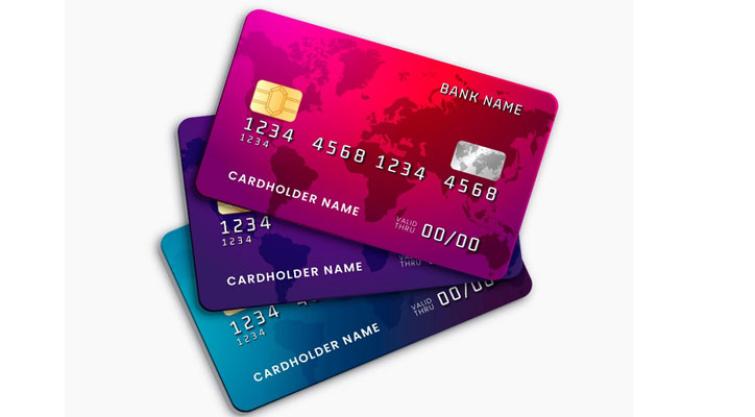By Fnf correspondent | PUBLISHED: 07, Sep 2024, 16:01 pm IST | UPDATED: 07, Sep 2024, 16:01 pm IST
 New Delhi: Good News For Credit Card Holders! Now, users will have the freedom and flexibility to choose their card network from the available ones - Visa, MasterCard, and RuPay while applying for a new credit card or renewing the existing one.
New Delhi: Good News For Credit Card Holders! Now, users will have the freedom and flexibility to choose their card network from the available ones - Visa, MasterCard, and RuPay while applying for a new credit card or renewing the existing one. New credit card applicants can now choose their preferred network—Mastercard, RuPay, or Visa. Existing cardholders also have the option to switch networks during the renewal process, providing flexibility to select a different network if preferred.
Notably, there are several banks including YES Bank and Bank of Baroda (BOBCARD), have already adopted these changes. Customers applying for credit cards with these banks can select their network preference online or offline.
Card issuers with fewer than 10 lakh active cards are not required to comply with these guidelines. Meanwhile, the Issuers that operate their own authorised networks are also exempt.
In India, there are five authorised card networks that operate within the payment ecosystem. These include American Express Banking Corp., Diners Club International Ltd., MasterCard Asia/Pacific Pte. Ltd., National Payments Corporation of India-Rupay, and Visa Worldwide Pte. Ltd.
These networks play a significant role in enabling electronic transactions and promoting digital payments across the country. However, the RBI has made an exception for American Express, as it operates its independent network. Consequently, American Express is not obligated to adhere to the RBI's guidelines.
These cards are accepted in over 200 countries worldwide. Both offer premium benefits like access to airport lounges, travel insurance, and discounts at international merchants.
However, they often come with higher fees, particularly for transactions in foreign currencies.
RuPay cards are ideal for domestic because of their lower transaction fees, which make them budget-friendly. Thanks to UPI integration, digital payments in India have become seamless.

by : Priti Prakash
In a riveting development in the last 24 hours on October 14, relations between India and Canada plu...